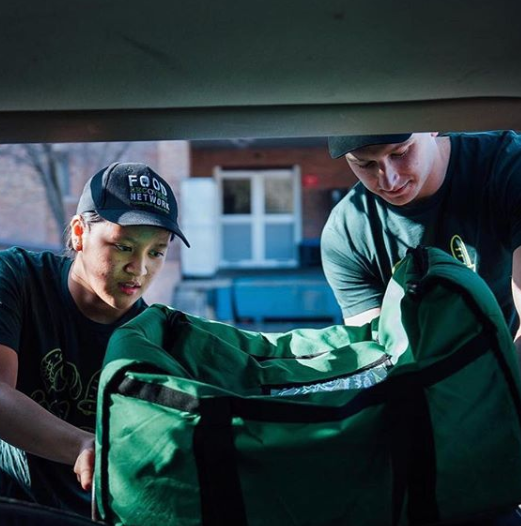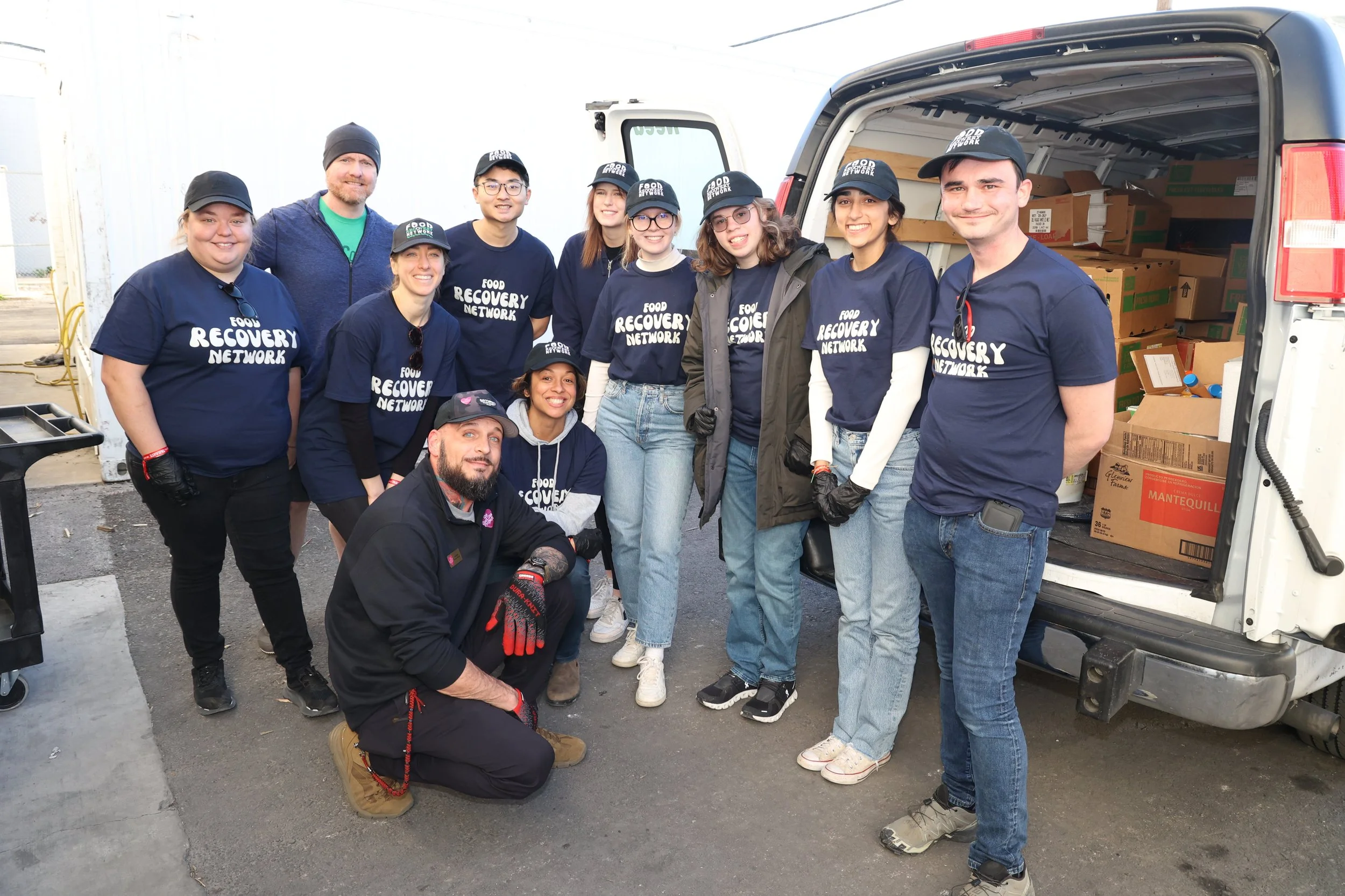FRN student leaders, this one's for you.
Across the country, you all are gearing up for the best weekend of 2016, maybe of your entire college careers. You're getting ready to trek many, many miles to College Park, Maryland -- University of Hawaii, we're looking at you -- for the inaugural National Food Recovery Dialogue, which has a schedule you won't believe. We know you have a lot on your plates, so we compiled this list of must-not-leave-behind items to make sure you're 100 percent prepared for this weekend. If we forgot anything, let us know.
1. REUSABLE WATER BOTTLE
The schedule for this weekend is packed! You'll need to be hydrated so your brain can absorb all the information being thrown your way.
2. PHONE CHARGER
You'll need your phone charged all weekend! How else will you use the FRN app to check the schedule or find your way to your breakout session or take notes or connect with FRNds or follow #NFRD2016 or listen to our playlist? (You should probably download the app. Just search "Food Recovery" in the App Store.)
3. LISA FRANK NOTEBOOK
Sure, there's a place to take notes in the app, but wouldn't it be fun to jot down ideas in an old-school Lisa Frank notebook? We think so. Don't forget a pen! Extra points if it's a gel pen.
4. $$$
You don't need hundreds of dollars, just $15 for our newest FRN T-shirt! If you missed the Instagram announcement, you can check out what the shirts look like here.
5. DANCE MOVES
Ya never know when a dance party might break out. We diiiiiid put an official NFRD playlist on our app.
6. STRESS RELIEVER
Reach for your Silly Putty when you're feeling overwhelmed by all the awesome things that are happening around you. After all, we are "sculpting" the answers to some pretty big problems.
7. SOMETHING COMFY
If you're taking advantage of the free housing, be sure to bring something to sleep on. We have no idea where to acquire a pillow-blanket like this but if you find one, let us know. We could use one for the office.
8. STRAW GLASSES
Because...why not?
We can't wait for you all to get here! If you take any pictures during your trip, be sure to tag us @FoodRecovery and use #NFRD2016 or add us on Snapchat @foodrecovery!












